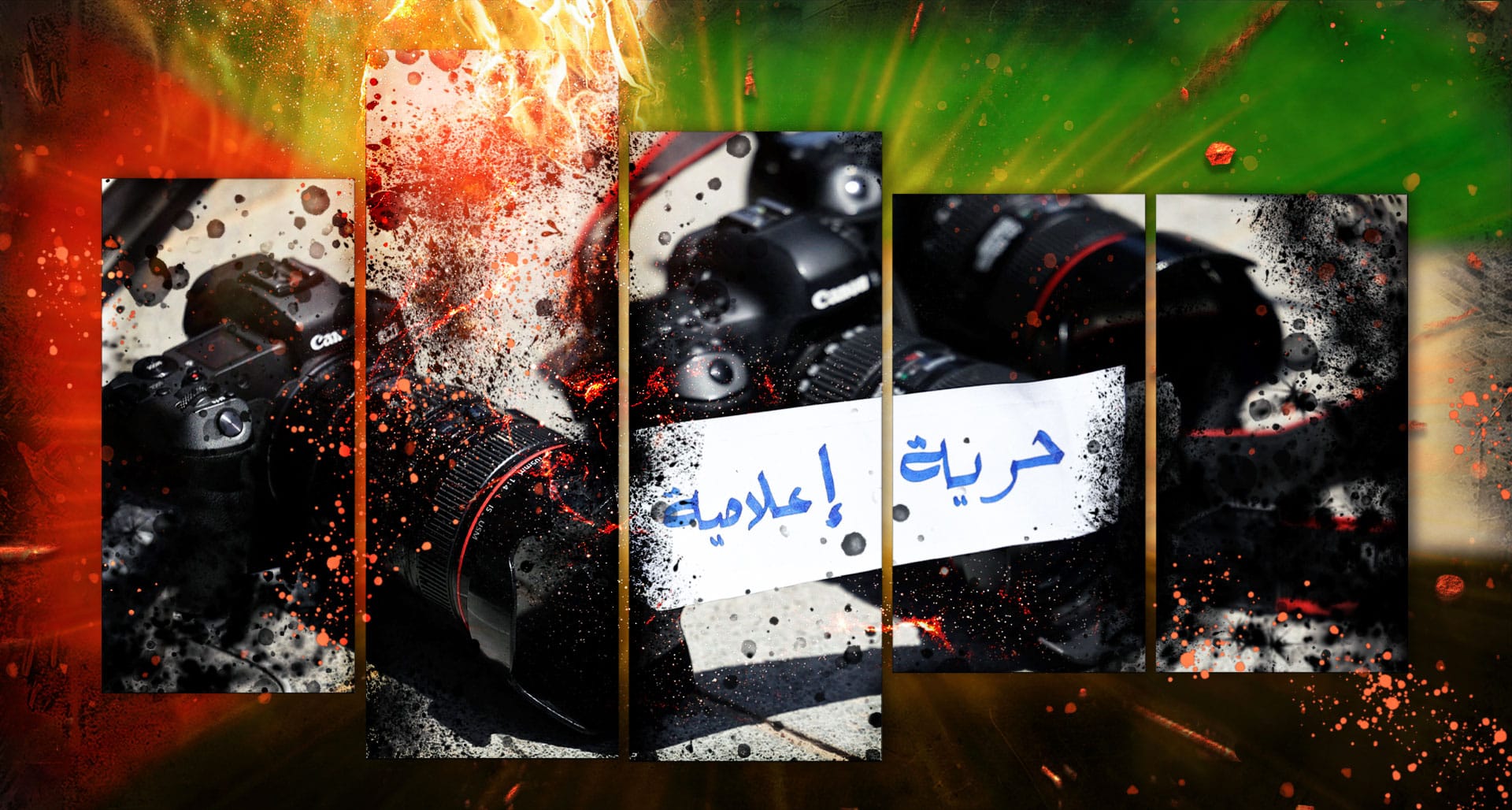Sixties Fan
Diamond Member
- Mar 6, 2017
- 58,480
- 11,086
- Thread starter
- #3,421
Follow along with the video below to see how to install our site as a web app on your home screen.
Note: This feature may not be available in some browsers.
A newly released study showed Egypt was successful in removing antisemitism and other hatred from its school books, The Institute for Monitoring Peace and Cultural Tolerance in School Education (IMPACT-se) found. The research and policy institute that analyzes curricula around the world through UNESCO-defined standards, has released its second full report on the Egyptian curriculum, from its London office.
This latest IMPACT-se report evaluated 271 textbooks from the Egyptian national curricula, published between 2018 and 2023. The study focuses on the Arabic language, Islamic and Christian religious education, social studies, values and respect for others, history, geography, philosophy, and more. Egypt has the largest education system in the Middle East and North Africa, with 25 million children currently enrolled in its schools - the largest in the Arab world.
"Our findings show major improvements in attitudes toward Jews and Judaism in the revised textbooks, part of the year-by-year reform of the Egyptian national curriculum between 2018-2030 across all grades, which has already reached Grade 5," IMPACT-se said.
"Promisingly, elementary school textbooks rewritten since 2021 do not include traditional, harmful antisemitic stereotypes such as attributing evil deeds and negative traits like disloyalty, fraud, greediness, and violation of contracts to Jewish people. These were replaced with values of tolerance and coexistence between Islam and Judaism, highlighting common ground such as Islam's recognition of the Torah, and permission for Muslims to eat Kosher food."
Students are required to memorize the provisions of the peace treaty, and describe the “advantages of peace for Egypt and the Arab states.” A photograph of the peace treaty signing at the White House is shown for the first time. Passages such as “recognition of the sovereignty of each side in the conflict over its territory” were changed to “respect by each side of the other’s sovereignty and independence,” and establishing “normal relations” between the two countries, was changed to establishing “friendly relations.”






The relationship blossomed during the dark days of the military junta that ruled Greece from 1967 and 1974 — a period marked by the brutal repression, imprisonment, torture, and murder of opponents of the regime, and a period that was deliberately omitted from the celebratory narrative Israel promotes.
So Israel was acting exactly as Western European countries and the US did. This was the height of the Cold War, and the junta's anticommunist position was the major factor in this decision-making.Immediately upon seizing power, the military junta began a campaign to eliminate its real and imagined opponents, an effort embraced or tacitly supported by most Western European countries and the United States.
What do the Palestinians have to do with Israel's relations with Greece? The article didn't mention Palestinians at all before its conclusion. Israel's relations with other countries outside the Arab world have nothing to do with Palestinians. Israel's concerns at the time was with the War of Attrition and the Yom Kippur War, the Palestinian issue was not even close to the top priority of Israel in those days.This history suggests that the State of Israel was not merely a passive player, following only the will of the great powers; it was and remains a powerful and autonomous promoter of its own interests first and foremost, willing to compromise on values like democracy and human rights in order to gain international support in its own oppression of the Palestinian people.


That last phrase strongly implies that Amnesty knows about the video shown above, and knows that Adnan has called for blowing up Israelis, and instead of condemning Khader Adnan's clear call to murder Jews, Amnesty says that Israel is at fault for arresting him for incitement!In February 2023, Khader Adnan was arrested and indicted by an Israeli military court on charges of “incitement to violence” – largely based on his visits to the families of Palestinian prisoners and to funerals of those killed by Israeli forces.




Reuters, reporting on the suicide by starvation of Khader Adnan, writes, "Adnan was arrested and indicted in an Israeli military court on charges that included links to an outlawed group and incitement to violence."
As CAMERA notes, much of the coverage of his death imply that he was under administrative detention or that his hunger strike was about administrative detention. But in fact he was indicted and charged this time.
We don't know the specific example of incitement to violence that Adnan was charged with, but he has been captured on video explicitly calling for Palestinians to shoot and blow up Jews.
The UN has written papers on combating incitement and writes that such incitement is a violation of international law and several international conventions. It held a meetingonly last year where all the participants from many countries unanimously agreed that incitement to violence is unacceptable under any circumstances.
Yet for Adnan's death, the UN supported the person who is on the record as calling for the murder of Jews.
Human Rights Watch is on the record for opposing direct incitement to violence in the DRC, in Ethiopia, in Greece and elsewhere. It says that Meta has not done nearly enough to combat incitement to violence on its Facebook and other platforms. Its official position for decades has been that HRW is against laws that prohibit indirect incitement, but it fully supports laws - supported by international law - against direct incitement to violence.
But when it comes to Palestinians directly inciting violence against Jews - not only Khader Adnan, but hundreds of examples that one can see in MEMRI and Palestinian Media Watch - Human Rights Watch is silent, and has not condemned such speech. On the contrary, HRW considers Adnan to be a hero.
Omar Shakir, their Middle East researcher, tweeted, "Make no mistake: Israel killed Khader Adnan. He valiantly struggled against injustice—multiple months-long hunger strikes against administrative detention—until his last breath. He never enjoyed a minute of freedom but dies w his head raised high. His resilience wont be forgotten."
Amnesty has also spoken out about incitement to violence in Myanmar, India, Brazil and elsewhere. But it has never denounced Palestinian incitement to violence against Jews. It also tweeted in support of Khader Adnan, describing him as a "father of 9" without even mentioning his leadership role in the Islamic Jihad terror group, let alone his own direct incitement to blow up Jewish civilians.
In fact, Amnesty's reporting of Adnan's death mentions that he was charged with incitement to violence - but instead of researching what he actually said, it implies that these are trumped up charges and that he was just acting like any normal person would:
That last phrase strongly implies that Amnesty knows about the video shown above, and knows that Adnan has called for blowing up Israelis, and instead of condemning Khader Adnan's clear call to murder Jews, Amnesty says that Israel is at fault for arresting him for incitement!
This isn't human rights. This is condoning incitement to murder Jews under the pretext of human rights.
The current wave of terror attacks against Israelis have not emerged in a vacuum. The attacks, especially the apparent "lone wolf" attacks where teens and women start stabbing Israelis or ram their cars into Jews, are a direct result of this sort of incitement that permeates Palestinian media and social media. Incitement kills - and "human rights organizations" know this, because they call it out in other contexts.
But when it comes to Israel, they either don't admit there is any incitement or they frame it as just a normal part of what it means to be a Palestinian. Khader Adnan is not someone who urges Palestinians to murder Jews but a human rights hero bravely protesting his being arrested - for urging Palestinians to murder Jews.
Human rights organizations have become a parody of human rights.

Human rights leaders agree: Incitement to violence is horrible and illegal. Incitement to murder Jews, however, is heroic.
Blogging about Israel and the Arab world since, oh, forever.elderofziyon.blogspot.com

